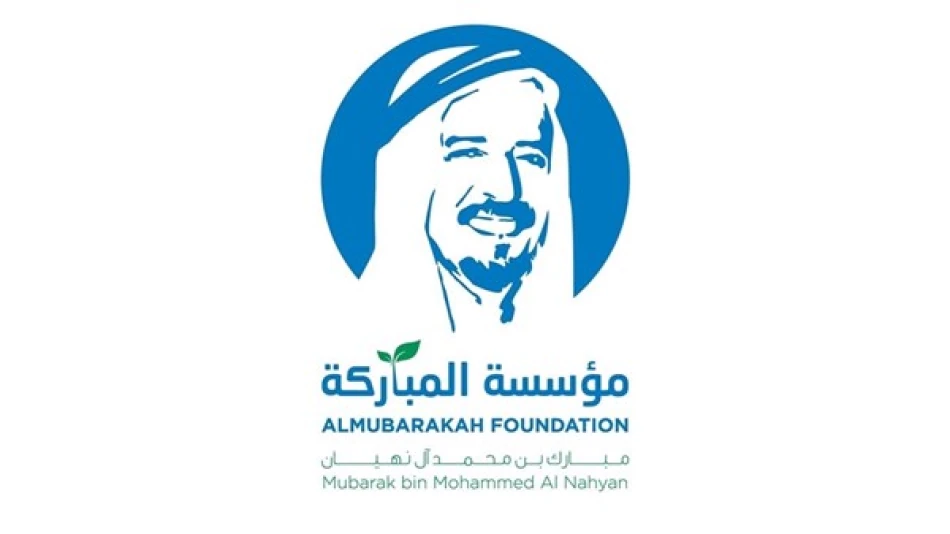
Emirati Woman: Moza bint Mubarak's Iconic Role in National Development
UAE Women's Empowerment Model Sets Global Standard for Regional Development
The UAE's systematic approach to women's empowerment has evolved into a comprehensive national strategy that positions Emirati women as global leaders across multiple sectors. This transformation, spanning over five decades, demonstrates how targeted government support can create measurable economic and social returns while maintaining cultural authenticity.
From Foundation to Global Recognition
Dr. Sheikha Moza bint Mubarak bin Mohammed Al Nahyan, Chairman of Al Mubaraka Foundation, emphasized that the UAE's women empowerment journey reflects deliberate leadership vision rather than coincidental progress. The foundation was laid by the late Sheikh Zayed bin Sultan Al Nahyan, who integrated women's participation into the country's development blueprint from the nation's early years.
Under current President Sheikh Mohammed bin Zayed Al Nahyan's leadership, this approach has scaled internationally. Emirati women now occupy prominent positions in regional and international organizations, representing a strategic soft power asset for the UAE's global positioning.
The Economic Logic Behind Social Investment
Measurable Returns on Women's Education
The UAE's model differs significantly from purely social approaches seen elsewhere in the region. By treating women's empowerment as economic infrastructure rather than social welfare, the country has achieved tangible productivity gains. Women now comprise over 70% of UAE government employees and hold leadership positions across finance, technology, and space sectors.
Competitive Advantage in Global Markets
This strategy positions the UAE advantageously against regional competitors. While Saudi Arabia's Vision 2030 recently began similar initiatives, the UAE's five-decade head start has created institutional knowledge and cultural acceptance that newer programs struggle to replicate quickly.
The Institutional Framework
Sheikh Fatima bint Mubarak, known as the "Mother of the Emirates," has systematically built supporting institutions including the General Women's Union and the Supreme Committee for Motherhood and Childhood. This infrastructure approach mirrors successful models in Singapore and Nordic countries, where institutional support preceded cultural shifts.
Al Mubaraka Foundation's focus on family-centered programs recognizes a crucial insight: sustainable women's empowerment requires addressing practical barriers rather than just creating opportunities. Their initiatives support women's roles in child-rearing while expanding professional possibilities.
Regional Implications and Future Trajectory
The UAE model increasingly influences regional policy discussions. As Middle Eastern economies diversify away from oil dependency, the UAE's demonstrated success in unlocking women's economic potential offers a replicable framework for neighboring countries facing similar demographic and economic pressures.
For international investors and multinational corporations, the UAE's women empowerment success signals institutional stability and progressive governance that supports long-term business planning. This becomes particularly relevant as ESG considerations increasingly influence investment decisions in emerging markets.
The UAE's approach suggests that women's empowerment, when integrated into broader economic strategy rather than treated as isolated social policy, can generate measurable competitive advantages in global markets while maintaining cultural coherence.
Most Viewed News

 Layla Al Mansoori
Layla Al Mansoori






